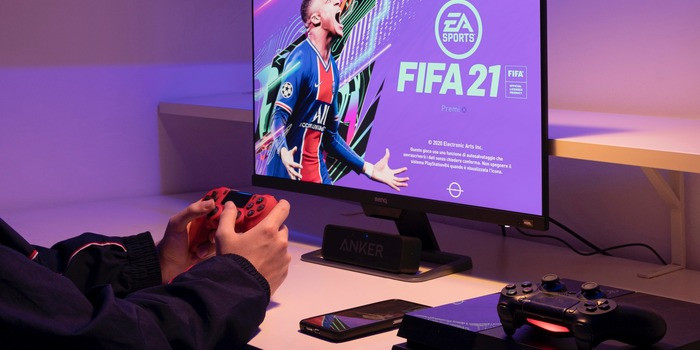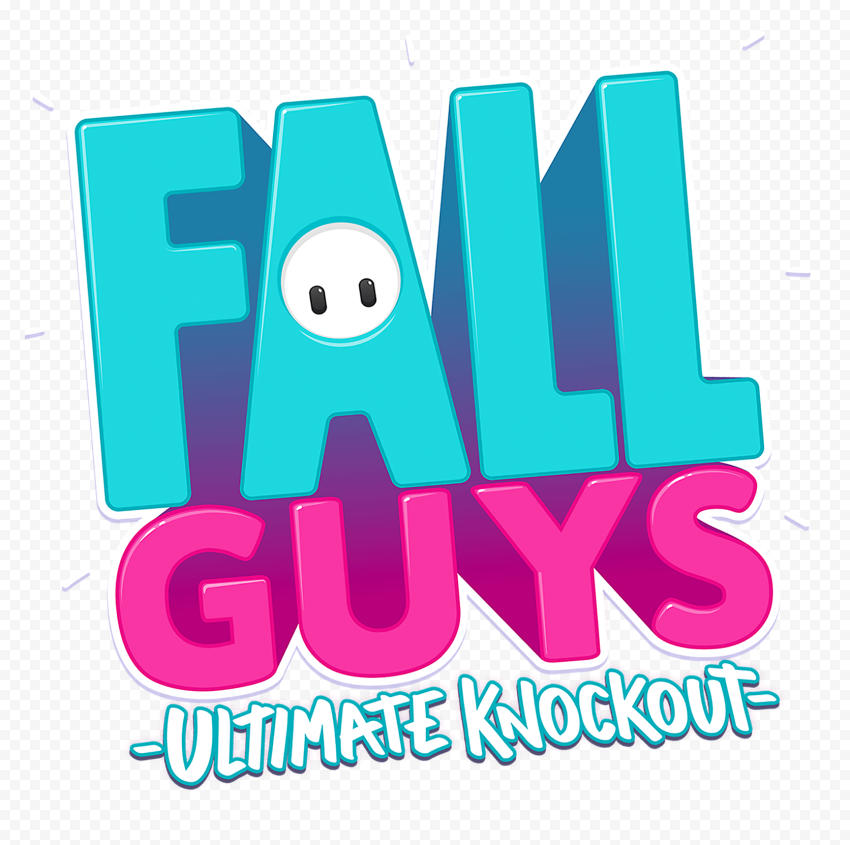Officially: FIFA Cards Are Not Gambling
2022-03-14

Global regulatory organizations actively fight gambling and violations of the rules for its distribution. In 2018, loot boxes of Overwatch, CS:GO, and FIFA 18 (this series as a whole) fell under ban requirements. According to KSA representatives, these projects violate the rules of games of chance, and in 2020 the Netherlands court recognized FIFA as gambling. EA Games denied the decision regarding FIFA, arguing that it was far from such projects, and filed an appeal almost immediately.
Last week it became known that the company won this case. All charges and blockings have been removed from it, and it will not have to pay a fine of €10 million (about $11 million). Officially, FIFA Ultimate Team packs cannot be considered gambling under Dutch law. The new court decision explains that the law examines projects as a whole and not individual gameplay mechanics. And while card packs do contain an element of randomness, FIFA as a whole does not. That is, in fact, EA Games did not violate any established norms.
The company representatives were delighted with this decision and said the game will always be based on equality and fairness principles. However, it does not mean that EA and other companies that develop similar products will not have problems. For example, it is known that in Germany in 2021, the Bundestag discussed the possibility of revising the legislation regarding gambling in such a way that regulators would have the opportunity to control individual mechanics. In-app purchases are believed to have a negative impact on minors. At the time of writing, the reform was still under consideration and had not been approved.
How do you feel about microtransactions in games? Do you think these mechanics are redundant and worth removing? Or is it worth just restricting children's access to them?






